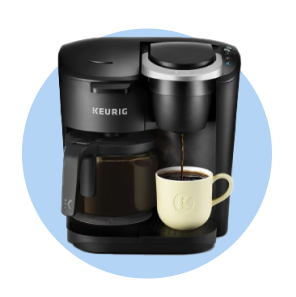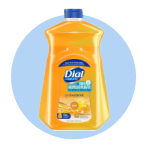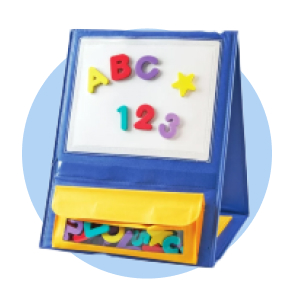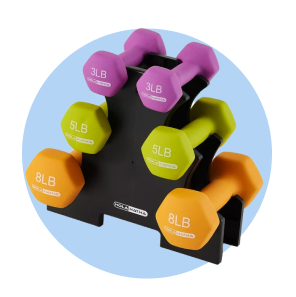
Doctor Scrubs vs. Nurse Scrubs: A Comparison Guide
Safety & comfort
Scrubs are a common sight everywhere from hospitals to doggy daycares to schools, and while they may look the same, there are some important differences. Keep reading to learn more about how to choose the right doctor scrubs for everyone on your staff.

Doctor scrubs & nurse scrubs: What you need to know
When you’re buying scrubs for your team, you don’t really need to worry about buying one kind for doctors and another for nurses. Instead, concentrate on what they’ll be doing and where they’ll be doing it, because that will help you decide what material and style of scrubs are best.
One big differentiator in scrubs is whether or not they can be cleaned at home. Generally, clinicians who work in surgery or other areas where the risk of cross-contamination is high change into hospital-provided scrubs. These scrubs follow the CDC’s specifications and other relevant protocols for doctors who are working with potentially dangerous pathogens. They are meant to be worn exclusively in the hospital, where they’re also washed and stored. Scrubs that have to be maintained on hospital grounds may have to be made from sturdier materials to stand up to industrial washing conditions.
Nurses and doctors who aren’t required to guard against specific pathogens are usually allowed to shop for their own scrubs and wear them from home, as long as they’re clean and fall within the facility’s dress code. They can be made from a wider variety of materials than those that have to stay on-site at the medical facility.

Material differences
Different materials for different situations
Scrubs are designed with two major considerations in mind: safety (both for the patients and the medical professionals) and comfort. Here's a rundown of the most common fabrics and their benefits.
Cotton: Cotton is soft, comfortable and it breathes well, which is great in clinics located in warmer climes. It also wicks sweat away from the body, which is a lifesaver for any medical staff running from place to place all day. It’s vital to choose high-quality cotton scrubs that won't fall apart after multiple washes.
Rayon: Rayon is a lightweight synthetic fiber made from cellulose. It’s hypoallergenic, which is particularly good for anyone treating patients with sensitivities or allergies.
Polyester: Polyester is durable and wrinkle-resistant, which helps scrubs stay neat and well-maintained, even when they're used a lot. Polyester is also hydrophobic. That means if you work in a field where you’re frequently in a “splash zone,” polyester scrubs will resist absorbing liquids. They dry very quickly after being popped into the washing machine, too. Polyester is less breathable than cotton, which can make polyester scrubs less comfortable than something like cotton.
Spandex: Spandex is a flexible material that gives clothes a little extra stretch where they need it most. Spandex is a good material to have in scrubs (usually as part of a material mix) because it lets doctors and nurses run, bend and reach without splitting seams. That said, spandex scrubs can lose their elasticity and wear out quicker than scrubs made of other materials.
Mixed materials: It’s common for scrub manufacturers to mix materials to make them easier to clean, more durable or more stretchable. The most comfortable scrubs usually contain a mix of polyester, rayon, cotton and spandex.
Comfort during long shifts
Doctors and nurses both need scrubs that can stand up to long hours, but should choose fabric and design that suits the kind of work they’re likely to encounter during their shift. A nurse in a dental office will typically be seated all day, but should probably choose scrubs that are more water resistant. By contrast, a doctor on the floor of an Emergency Room will want to consider scrubs that keep them sweat-free during the long workday.
Antimicrobial scrubs
Doctor scrubs as well as nurse scrubs both benefit a good deal from antimicrobial scrubs, which are designed to help prevent the growth of bacteria on the scrubs’ surface. When you’re in germ-filled environments like hospitals, anything that prevents the growth and spread of harmful bacteria can only be a win. Antimicrobial scrubs usually cost a little more, so shop around to make sure you’re getting the most affordable price.
Pockets, pockets, pockets
For nurses and doctors who don’t need to wear special protective gear, there’s no such thing as scrubs with too many pockets. Medical professionals often need to stay mobile, so running back to a desk or locker is impractical. Pockets help them keep instruments, pens, phones, notebooks and other invaluable tools ready and close by.
Doctor scrubs & nurse scrubs both do a lot of heavy lifting
When it’s time to shop for scrubs, it’s not a question of whether they’re for a doctor or a nurse, but what the person will be doing. Look for scrubs made from the right fabric to keep your team comfortable and safe—and make sure you’re getting them at a price that suits your budget.
When you know what you’re looking for, it’s time to turn to Walmart Business to get what you need while saving money with free shipping on orders over $35.1 Already have an account? Upgrade to Walmart Business+, and your organization could save over $500/year while enjoying exclusive rewards.2
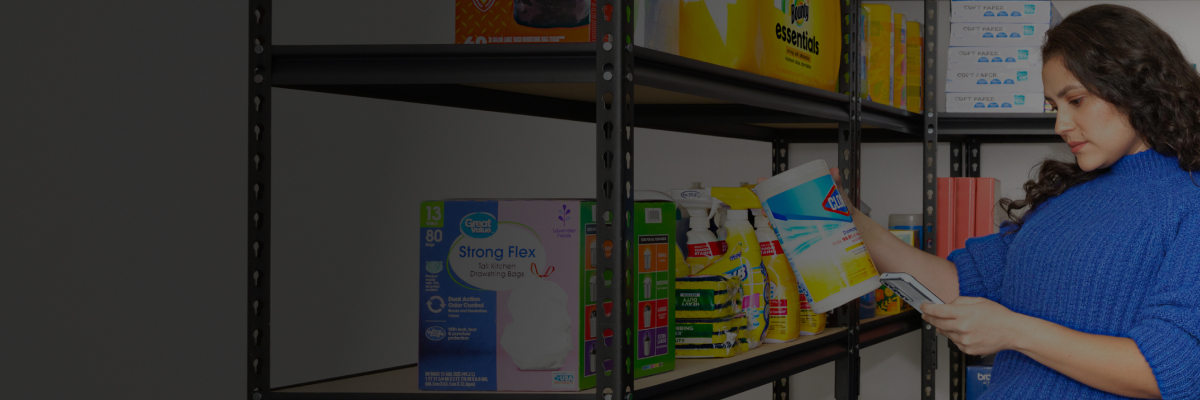

Limited-time offer
Unlock your special promo code
Stay informed on Walmart Business news & get $20 off a $100 purchase!1
1Minimum order of $100. Promo code can be used one time & may not be combined with other offers. Offer not transferable & void where prohibited by law. Customer responsible for all applicable taxes. Offer expires 12/31/2025 at 11:59pm PT. Further restrictions apply. See terms at checkout for details. Promo code offers available in limited quantities. While supplies last.
1 Excludes most Marketplace items, freight and certain location surcharges.
2 Savings based on 1 free $35+ delivery order vs. $9.95 fee and 1 free shipping order under $35 vs. $6.99 fee biweekly, plus 2% Walmart Business Rewards on monthly order >$250 (average value of $400).
Exciting news awaits
Hear firsthand about new products, features & promotions.
By clicking submit, you agree to receive emails about Walmart Business and acknowledge you have read and agreed to our Terms of use and Privacy Policy.





